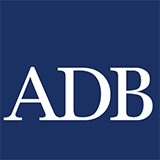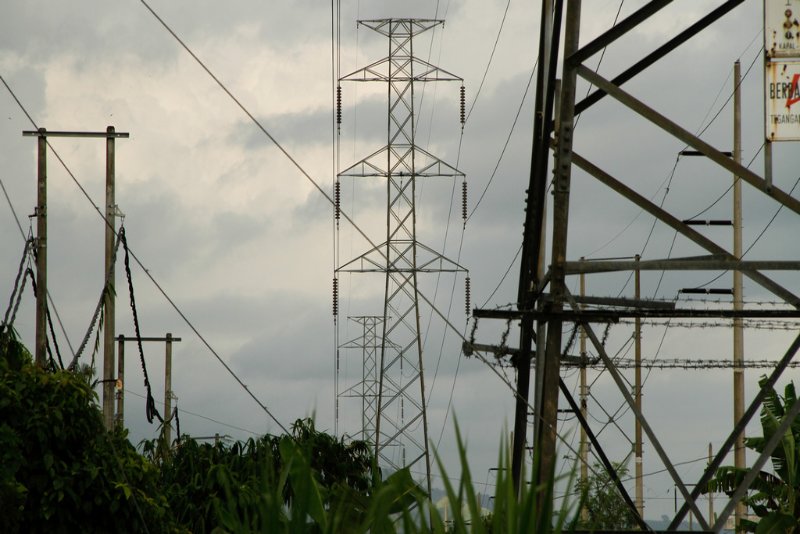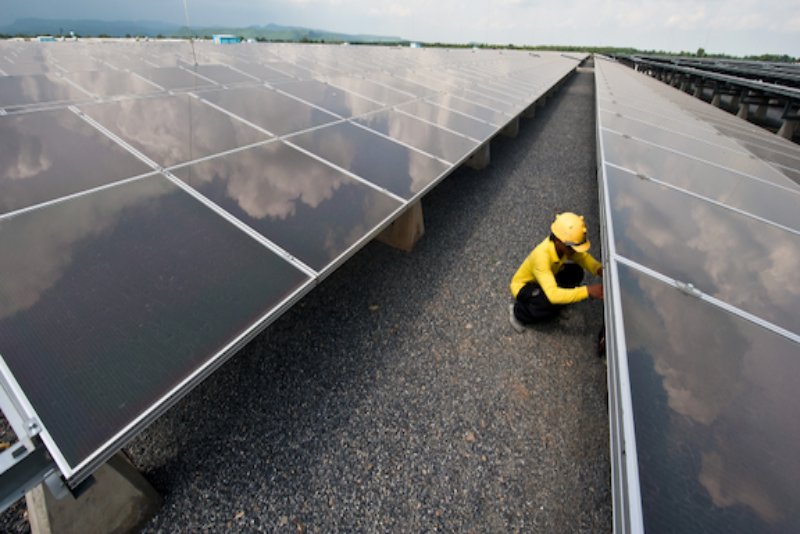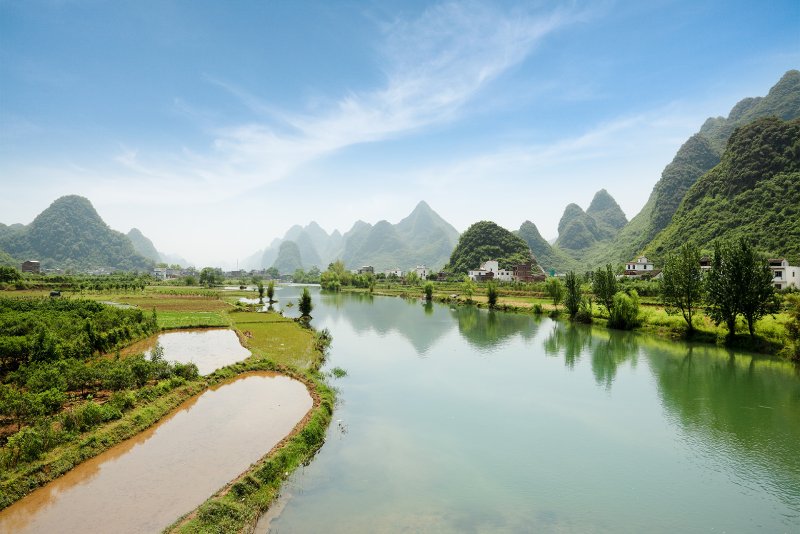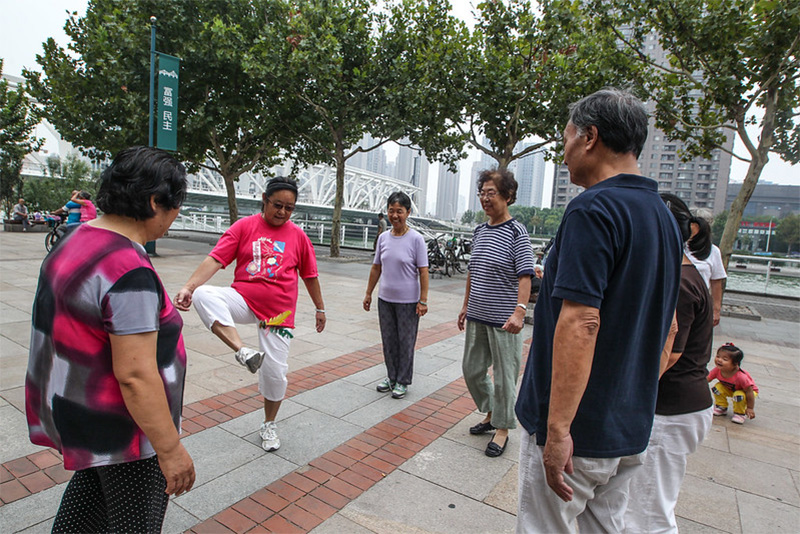Germany’s priority areas are peacebuilding, food security, training and sustainable growth, climate and energy, and the environment and natural resources. Efforts in the health sector will also be increased. The priority countries include Bangladesh, Cambodia, India, Indonesia, Pakistan, the People’s Republic of China, Uzbekistan, and Viet Nam.
The country’s provision of development assistance is managed by the Federal Ministry for Economic Cooperation and Development, KfW, and Deutsche Gesellschaft für Internationale Zusammenarbeit (GIZ).
ADB and the KfW signed a third amendment to the ADB–KfW Cofinancing Memorandum of Understanding (MOU) in October 2022, extending the MOU until 2025 and increasing the cofinancing amount by another $2 billion. The original MOU, totaling $2 billion, was first signed in July 2014 and later amended in September 2017 and November 2019 for an additional $4 billion. The partnership (2014–2022) yielded 25 cofinanced projects focused on energy, industry and trade, and public sector management. The $6.1 billion provided by KfW for these projects was complemented by $9.4 billion from ADB.
ADB and the Deutsche Investitions- und Entwicklungsgesellschaft mbH, a 100% subsidiary of KfW, signed a cooperation arrangement in December 2022 toward the cofinancing of private sector investments in ADB’s developing member countries (DMCs) to support Sustainable Development Goals targets.
In December 2022, Germany, represented by its Federal Foreign Office, contributed €30 million to the Energy Transition Mechanism Partnership Trust Fund to support ADB’s Energy Transition Mechanism (ETM). The ETM will leverage a market-based approach to accelerate the transition from fossil fuels to clean energy.
Sovereign Cofinancing. In 2022, the KfW supported the transformation of Indonesia’s energy sector through reforms initiated in 2014 by providing $292 million in loan cofinancing.
Nonsovereign Cofinancing. The Trade and Supply Chain Finance Program (TSCFP) supported over 3,740 transactions valued at $4 billion with banks domiciled in Germany from inception to December 2022. During the same period, the TSCFP supported over 830 German exports and/or imports valued at $760.1 million. In 2022 alone, the TSCFP supported 103 transactions valued at $102.8 million with banks domiciled in Germany and supported 97 German exports and/or imports valued at $114.8 million. Exports and/or imports were mainly to/from Viet Nam, Pakistan, and Bangladesh. Underlying goods involved mostly industrial machinery and capital goods, food and agriculture-related goods, as well as raw and non-energy commodities.
Special funds. Germany contributes to ADB special funds where contributions from financing partners are administered with the same level of care as ADB’s own resources. Since becoming a member in 1966, Germany has committed a total of $2.1 billion to special funds, of which $2 billion went to the Asian Development Fund (ADF). The ADF provides grants to ADB’s low-income developing member countries to promote poverty reduction and improvements in the quality of life.
Knowledge. During a COP27 side event co-organized by ADB and Thailand Greenhouse Gas Management Organization, Germany shared knowledge and experience on their work in operationalizing Article 6. Article 6 of the Paris Agreement lays the foundation for international carbon markets, which can be a key element of the broader climate policy toolbox that DMCs can deploy to accelerate climate action.
Active Trust Funds
Trust funds with ongoing projects or no active projects but with remaining funds are considered active
- Afghanistan Infrastructure Trust Fund*
- Asia-Pacific Climate Finance Fund
- Cities Development Initiative for Asia Trust Fund
- Energy Transition Mechanism Partnership Trust Fund
*ADB placed on hold its regular assistance in Afghanistan effective 15 August 2021, including the projects funded under the Afghanistan Infrastructure Trust Fund.
News
“The program supports the government in implementing a policy framework to achieve financial sustainability for the energy sector and improved energy access, along with a commitment to a clean energy transition,” said ADB Senior Energy Specialist Yuki Inoue. “The reforms will also pave the way for taking forward the broader energy transition agenda announced by Indonesia and its international partners at the recently concluded G20 meetings.”
“As Asia and the Pacific’s climate bank, ADB believes ETM has the ability to be one of the biggest carbon reduction programs in the world and an important asset in the battle against climate change,” said ADB’s Director General of Sustainable Development and Climate Change Bruno Carrasco. “This new commitment by the Government of Germany is another significant step forward for ETM and the just and affordable energy transition in Asia and the Pacific.”

